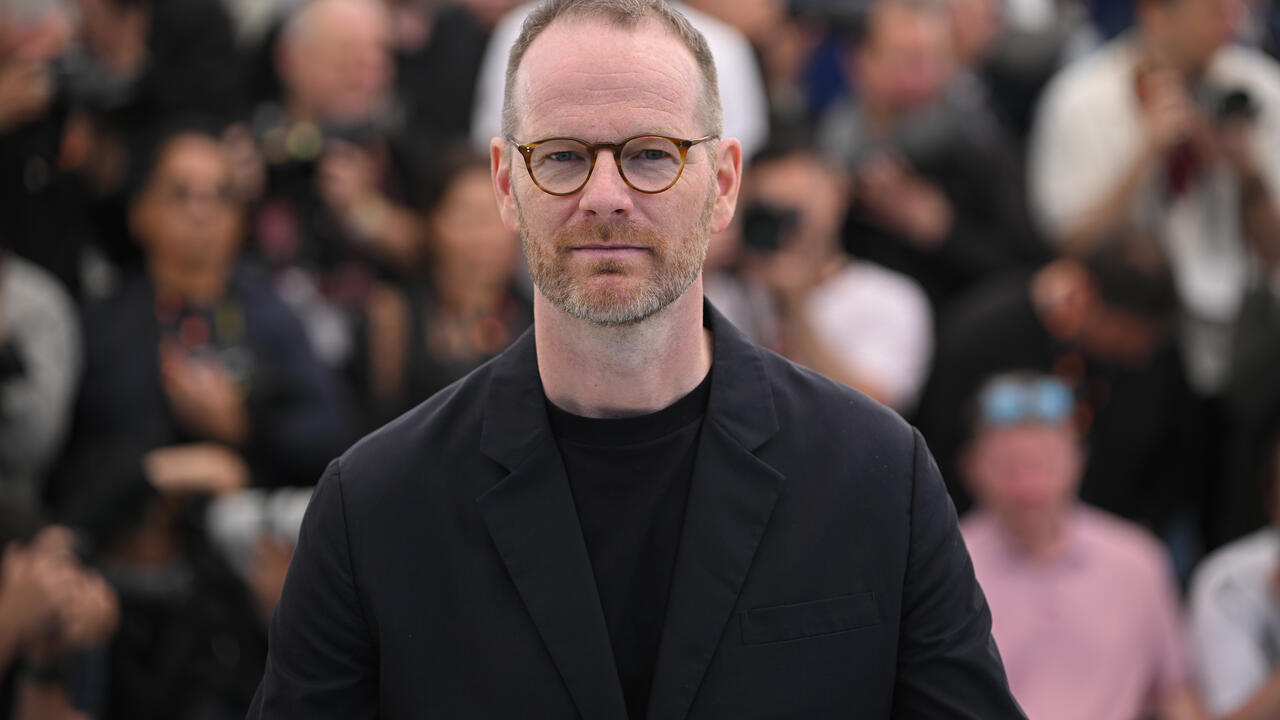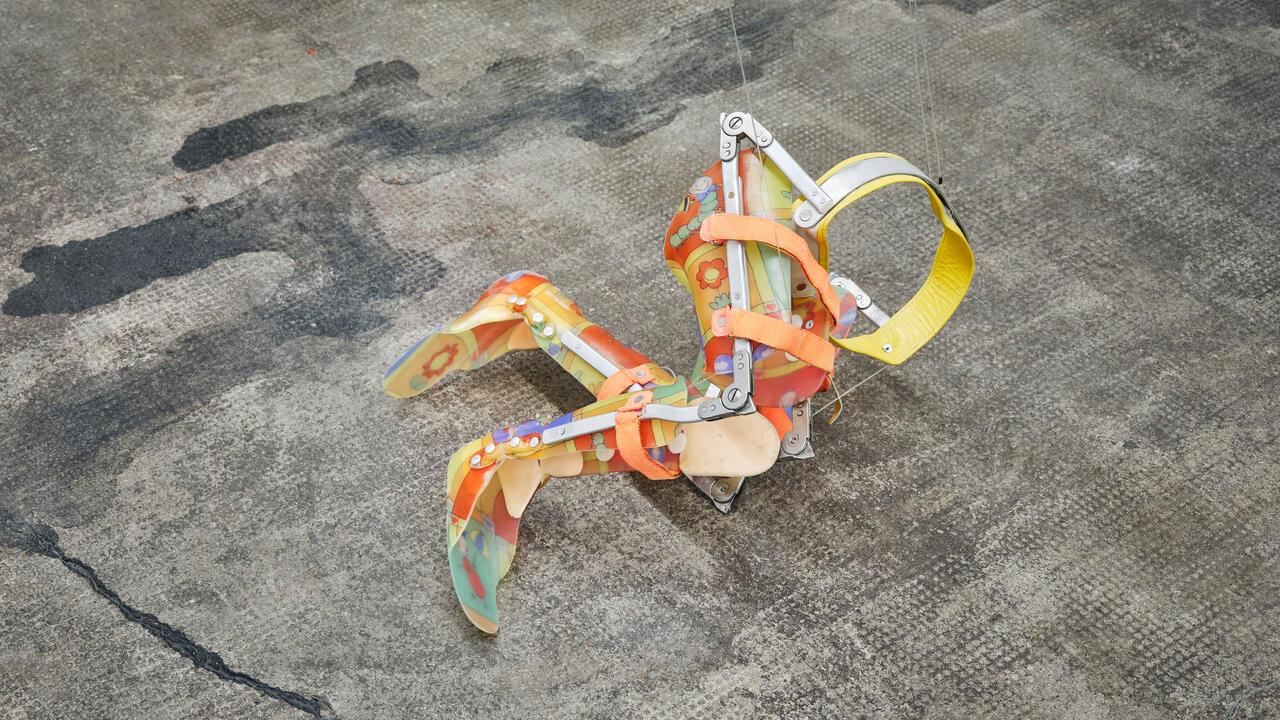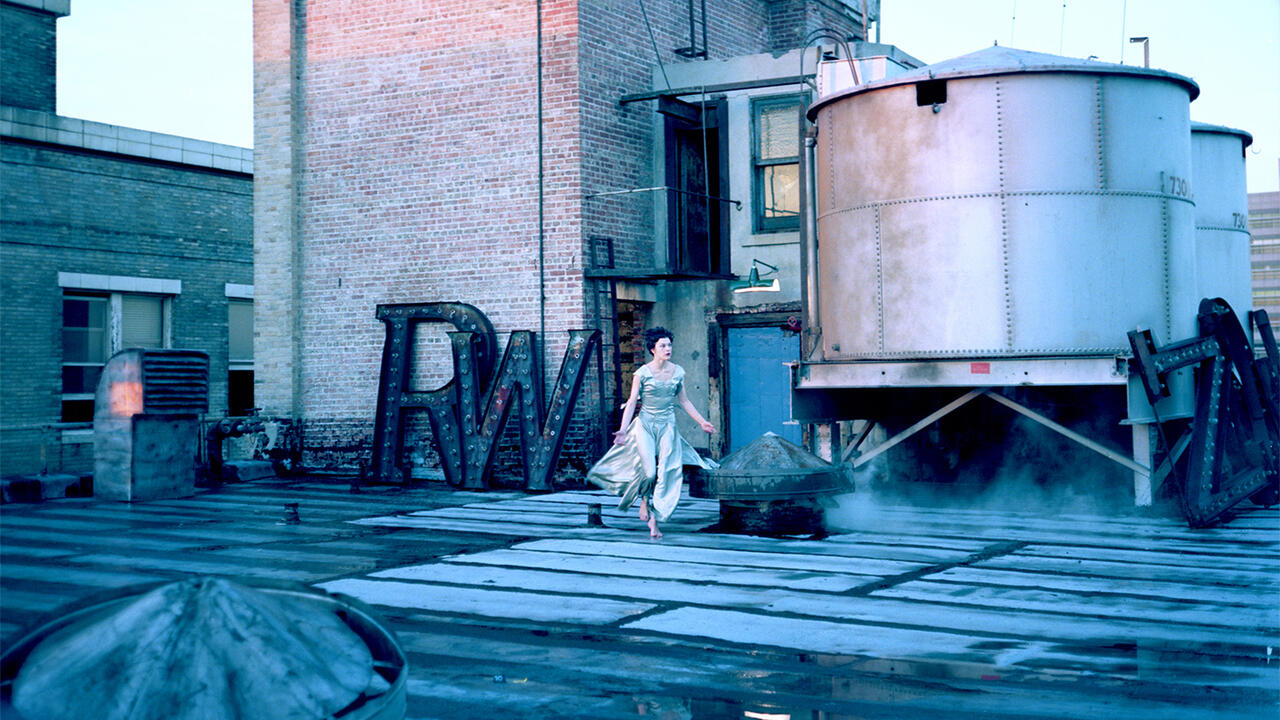The Death of Louis XIV
This week’s Culture Digest rounds up some highlights from the 54th New York Film Festival
This week’s Culture Digest rounds up some highlights from the 54th New York Film Festival




Catalonian filmmaker Albert Serra was hailed as a maverick of historical drama after his 2013 film, Story of My Death – a film that, if one were to be essentialist, might be distilled to Casanova meets Count Dracula. He continues his felicitous streak with his new feature, The Death of Louis XIV. A misdiagnosed spot on the French king’s calf turns into deadly gangrene (that is about all that Serra provides in lieu of plot). The real story is Louis XIV himself – his gestures, whims and agony – a veritable court spectacle.
Played with gusto by iconic French New Wave actor Jean-Pierre Léaud, Louis XIV is a tragic figure, a prisoner of his position. Bloated, cranky, immovable, he suffers from nightmares and pleads for water, but won’t accept it from a goblet he deems below his position. Léaud conveys formidable intelligence but also vulnerability. In the final scenes, the blackness of the King’s leg, while the other remains clad in an impeccably white sock, repels – a potent metaphor for the rot that permeates the French monarchy. Meanwhile the painterly mise-en-scene and cinematography – golden and ochre hews, Venetian reds, soft camera focus and the glowing whiteness of doctors’ caftans, illumined by multiple light sources a la Vermeer – turn death into a feast. The exquisite still lives of fruit and draperies contrast with the morbid still life of decaying flesh.
Humour sparkles in a selection of scenes. When ladies of the court implore the King to salute them, he does it ironically, like a Shakespearean fool, whose gallantry mocks rather than flatters. The desperate court physicians summon a quack that peddles miraculous bull sperm, as medical science succumbs to fantasy. In the finale, Serra subtly shifts focus from the King to his main doctor, Fagon (Patrick d’Assumção): devoted and devastated by his failure, he delivers the quota: ‘Next time we will do better.’ It sounds mildly reassuring, suggesting that, for all the scientific advances, death continues to be our proper destiny.





















